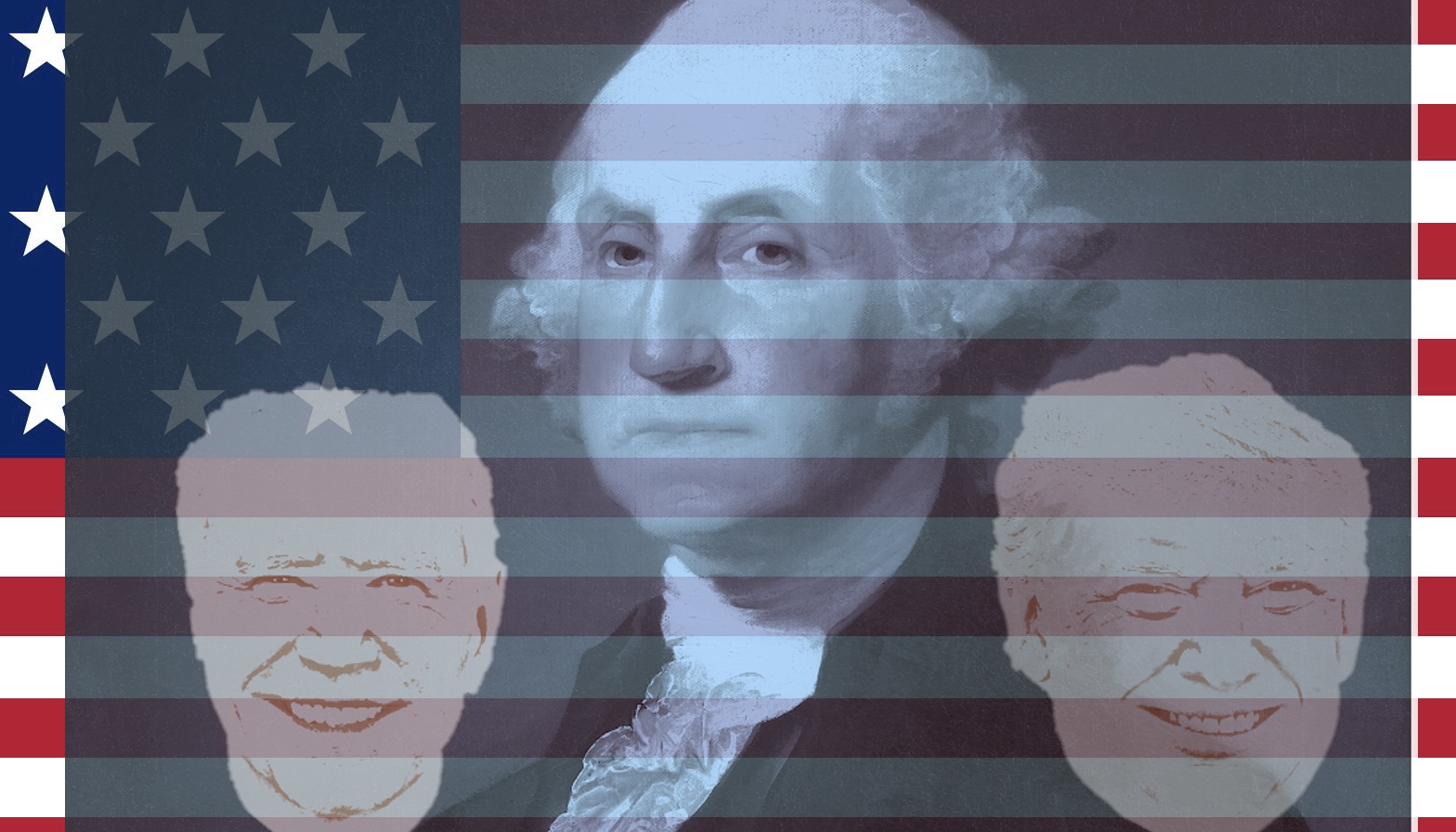We have entered an era of bumbling gerontocracy. The crusty old codgers clinging to power are embarrassing.
Consider the recent report of the special investigator in the Biden classified documents case. The report said that since Biden is a congenial old duffer, a jury would not convict him of mishandling official documents. The special counsel said, “Mr. Biden would likely present himself to a jury, as he did during our interview of him, as a sympathetic, well-meaning, elderly man with a poor memory… He is someone for whom many jurors will want to identify reasonable doubt. It would be difficult to convince a jury that they should convict him.”
This has been red meat for the “Let’s go Brandon” crowd. And the Biden backers claim it is a partisan hit job. But the other side is no better. Trump is accused of fomenting an insurrection, among other crimes. And left-leaning pundits have chronicled Trump’s gaffes and mental slips, including how he confused Nikki Haley with Nancy Pelosi, and his bizarre recent claim that liberals want to rename Pennsylvania.
In a better world, both candidates would step aside. This will be a depressing dumpster fire of an election year. But perhaps we can learn something along the way about leadership and power.
A good leader should be smart, truthful and thoughtful. He or she should be courageous and compassionate. And a leader should not cling to power.
Plato explained, over two thousand years ago, that the best leaders are usually the least eager to lead. Would-be tyrants lie, cheat, and cajole their way into power. Virtuous people will not play that ugly game.
Plato said that wise rulers must be compelled to rule by a sense of justice and duty. He concluded that the best rulers are those who are “most reluctant to govern.” This sounds bizarre and almost impossible. Can we really imagine a person who serves as a matter of duty, and not because they desire glory?
George Washington may provide a model. When asked to consider the presidency, Washington said he would rather stay home. He said, “it is my great and sole desire to live and die in peace and retirement, on my own farm.” But if he were called upon to serve, he said, “I hope I shall always possess firmness and virtue enough to maintain (what I consider the most enviable of all titles) the character of an honest man.”
Perhaps this was a kind of false modesty on Washington’s part. It is possible for a manipulative person to say “no” to power as a strategic ploy. They might deviously hope that a public display of humility will be persuasive.
But Washington’s writings reveal a man who was focused on questions of virtue. Washington wanted to be remembered as a man who dedicated his life to the service of his country with “an upright zeal.” This is how he put it in his Farewell Address, as he voluntarily left office after two terms at the age of 65.
Washington’s decision not to run for a third term established the basic norm of the two-term presidency. This norm was put into law after Franklin D. Roosevelt’s four-term presidency.
Scholars debate the reasons for Washington’s refusal to run for a third term. But most seem to think that he really did desire to retreat to a private life at Mount Vernon. The consensus view seems to be, as one scholar put it, “in turning away from further service, Washington established himself as a model of selfless leadership.”
Selfless leadership is a noble idea. The best leaders should be reluctant to serve — but do so willingly, out of a sense of duty. They should want to be known as honest people. And they should have the constancy of character, and orientation toward virtue, that Washington called upright zeal.
They should also possess wisdom. Wisdom is different from quickness of wit. Young people are quick and witty. But wisdom comes with age and experience, and with a mellowing of the passions.
So, the age of our leading candidates is not the only thing that matters. What matters more is whether these old-timers are wise and virtuous, and whether they insist on clinging to power.
Read more at: https://www.fresnobee.com/opinion/readers-opinion/article285541682.html#storylink=cpy





